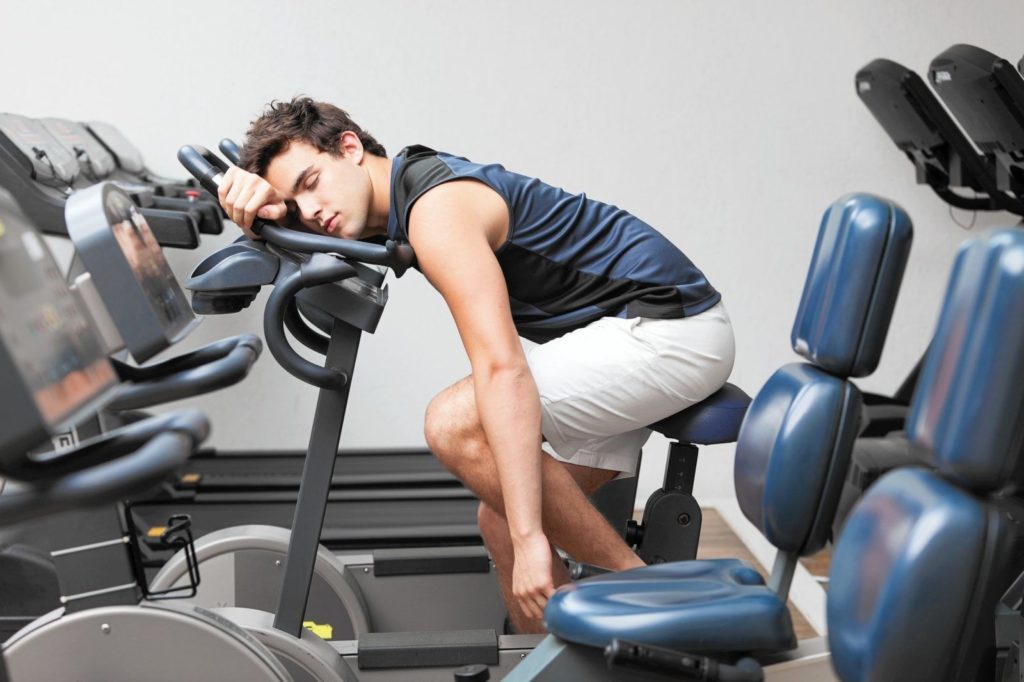While it’s easy to think of our mind and body as two separate things, the truth is that our physical and mental beings are very much interconnected. For this reason, mental health plays an important role in keeping us physically well.
Once we understand this link, it becomes easier to understand how exercise is good not only for the body, but also for the mind. Not only does exercise improve the quality of our sleep, but it also helps us deal with anxiety, stress, depression, and feelings of lethargy.
For this reason, exercise is about so much more than just building muscle and trimming our waistline. In fact, people who exercise on a regular basis often do so because of the enormous sense of mental and emotional well-being.
Exercise Alleviates Depression
According to a major mental health study performed by Harvard T.H. Chan School of Public Health, researchers found that mild daily exercise reduces the risk of depression by up to 30%. Mild daily exercise requires no more than walking for an hour or running for just 15 minutes.
Exercise helps beat depression by bringing about actual changes in the human brain. These typically include a reduction in inflammation, neural growth and the forming of new connections in the brain, and a general promotion of feelings of relaxation and well-being.
This sense of calm and well-being is created by endorphins. These are chemicals that energize not only the body, but also the spirit, just like when you win big at https://ausbet.net.au/.
Exercise Reduces Anxiety
Since physical exercise is known to relieve stress and relax our muscles as we move, it makes for a powerful anti-anxiety workout.
To get the maximum anti-anxiety treatment from a workout, many people enjoy adding an element of mindfulness by focusing on their bodies as they move. This happens to be a wonderful antidote for keeping that constant flow of worries at bay.
Exercise And Trauma
When exercising, instead of letting the mind wander in every which direction, try and pay attention to the sensations experienced in your muscles and joints. This “shifting of focus” has been known to help folks deal with a traumatic experience.
The best sort of exercise for moving away from the stress response is the kind involving both legs and arms. Examples include swimming, lifting weights, walking, and even dancing.
Exercise And Energy
A regular increase in heart rate is great for unleashing that get-up-and-go feeling.
Exercise as a way to increase energy doesn’t require hours in the gym. Even just a few minutes of exercise every day will have you feeling more alive and energised in no time at all.
Exercise And Sleep
Sleep is the body’s natural way of restoring itself – mentally, physically, and emotionally. Sufficient amounts of high-quality sleep even helps the body to shed unnecessary pounds.
And since sleep is obviously so important for every aspect of life, it’s good to know that regular exercise is a great help for improving and regulating our sleep patterns.
Should you prefer to exercise at night instead of in the mornings, be sure to try something like yoga or stretching. Both are great for promoting good quality sleep.




